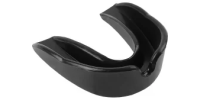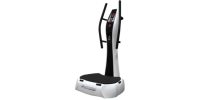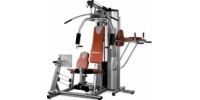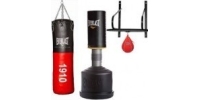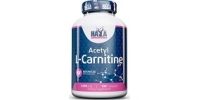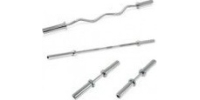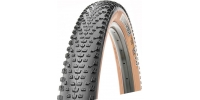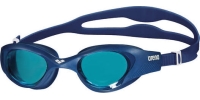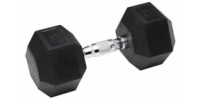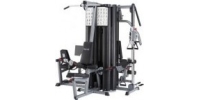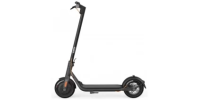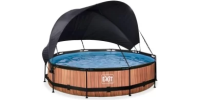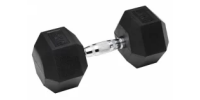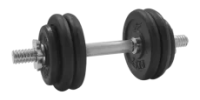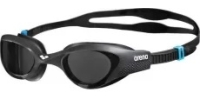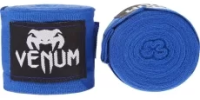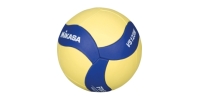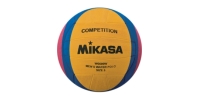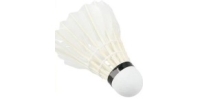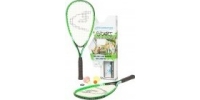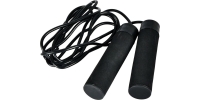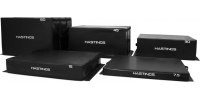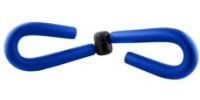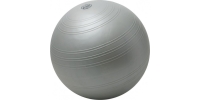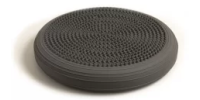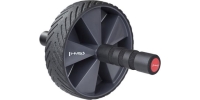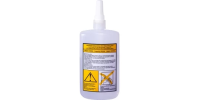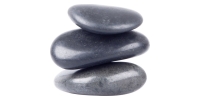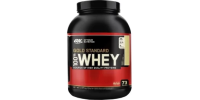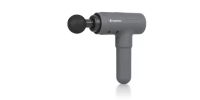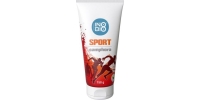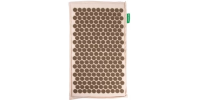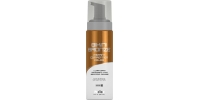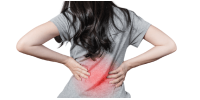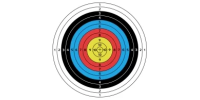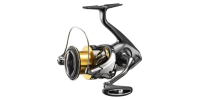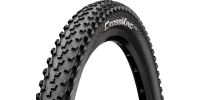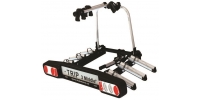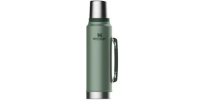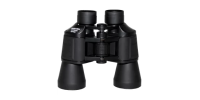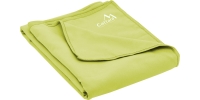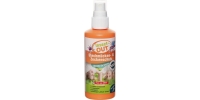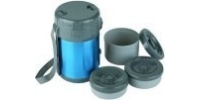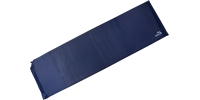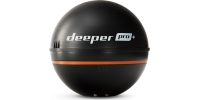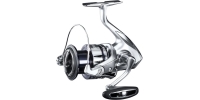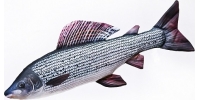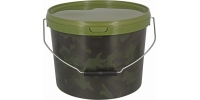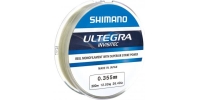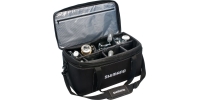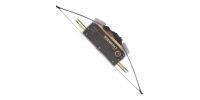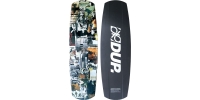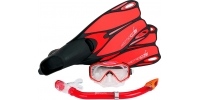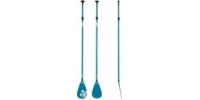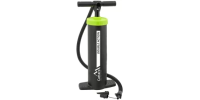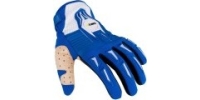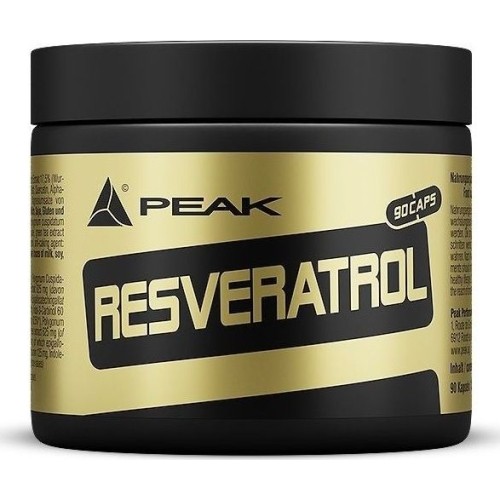The vegetable complex Resveratrol is commonly known as the "active ingredient of red wine" - it can be present in a number of other foods such as raspberries, peanuts and mulberries.
Resveratrol is primarily a strong antioxidant. In addition, Resveratrol is credited with many exciting properties, including the promotion of fat burn, nitric oxide synthesis and the modulation of oestrogen (oestrogen blocker).
A scientific study has shown that nutritional properties of Resveratrol optimize stabilization of blood glucose, insulin sensitivity and help to slow the aging process (anti-aging).
Resveratrol is enriched with the synergy substrates alpha-lipoic acid, quercetin, OPC (grape seed extract), EGCG (green tea extract), curcumin, indole-3-carbinol, piperine, and vitamin C and calcium to ensure optimal functionality and bioavailability.
What can I expect from Resveratrol?
Resveratrol improves your health and performance in a variety of ways.
Resveratrol can also help with fat loss by stimulating metabolism and fat release. Some athletes even report significant increase in muscle mass after initiation of Resveratrol supplementation.
Even if we do not include a sudden increase in muscle mass as one of its benefits, you can expect many health benefits with Resveratrol, such as slowing down your aging process.
Functionality and operation of Resveratrol:
Resveratrol is a phytoalexin, which is one of the natural polyphenols. Phytoalexins are components of the plant's immune system and have the task to protect the plants against fungal, bacterial and viral infections as well as from environmental influences such as UV radiation, ozone pollution and toxins. Resveratrol is found in plants and foods such as wine or grapes, raspberries, mulberries, plums, and peanuts.
As a powerful polyphenol, resveratrol has high antioxidant power, which is why it is used primarily as an antioxidant in the human body - similar to the plants - to protect against free radicals. Resveratrol seems to have the ability, to stimulate body's own antioxidant enzyme systems, such as superoxide dismutase and catalists. Similar to coenzyme Q10, it also seals leaks directly from the mitochondria, the so-called protons and simultaneously neutralizing reactive oxygen radicals.
Resveratrol seems to have very interesting effects on fat loss. In vitro and scientific studies have shown that Resveratrol prevents obesity, prevents the storage of fat, kills fat cells and can increase lipolysis (fat release). Human studies are lacking in this area, but many athletes are already reporting beneficial effects on fat loss.
Resveratrol- in addition to the effects of being an antioxidant - Resvaratrol promotes muscle growth and regeneration thanks to the nitric oxide synthesis due to an increased activity of the synthesis of nitric oxide enzyme. Increased nitric oxide synthesis is associated with improved tissue perfusion and promotes transport of nutrients to the muscles in addition to promoting muscle growth and regeneration. Furthermore, Resveratrol suppresses the effects of oestrogen and changes of oestrogen to testosterone ratio which further improves the ability to form muscle mass.
From the anti-aging point of view Resveratrol is very interesting. Resveratrol has some life extending effect as a long-term calorie restriction to the organism – the well-known intensively studied and extensively documented therapeturical approach to anti- aging medicine.
From a health standpoint, Resveratrol still has multiple benefits. Resveratrol properties are attributed to a stabilization of blood glucose and promoting insulin sensitivity. Both are very important to not only those suffering from diabetes type II but also to athletes (on insulin and sports see: Anabolic Hormones II – insulin). In vitro studies have shown a positive effect of resveratrol against cancer cells. Other studies suggest positive effects on cholesterol levels and auto-immune effects on diseases such as e.g. Arteriosclerosis, heart disease, Alzheimer's, arthritis.
To optimize the bioavailability and the capabilities of Resveratrol, peak Resveratrol is enriched with substrates such as alpha-lipoic acid, quercetin, OPC (grape seed extract), EGCG (green tea extract), curcumine, indole-3-carbinol, piperine, and vitamin C and calcium.
- The ideal complement for intense stress and training
- Powerful antioxidant
- Strengthens the immune system (anti-inflammatory, anticarcinogenic, antimutagenic,)
- Helps to burn fat
- Increases synthesis of nitric oxide
- Improves metabolism of carbohydrates
- Optimized with ALA, quercetin, OPC, EGCG, curcumin, indole-3-carbinol, Piperine, Vitamin C and calcium
- Brief description of resveratrol
| Contents | / Tagesverzehrmenge | ||
| Polygonum-Cuspidatum extract | 500 mg | ||
| - of which trans-resveratrol | 250 mg | ||
| Grape-seed extract | 625 mg | ||
| - of which total polyphenole | 595 mg | ||
| - of which oligomere proanthocyanidine | 250 mg | ||
| Quercetin | 250 mg | ||
| Green tea extract | 263 mg | ||
| - of which total polyphenole | 250 mg | ||
| - of which epigallocatechingallat | 105 mg | ||
| Alpha-Lipoic Acid | 200 mg | ||
| Curcumin | 125 mg | ||
| Indol-3-Carbinol | 60 mg | ||
| Piperine | 10 mg | ||
| Vitamins | / Tagesverzehrmenge | RDA* | |
| Vitamin C (from calciumascorbat) | 500 mg | 625 % | |
| Minerals | / Tagesverzehrmenge | RDA* | |
| Calcium (from calciumascorbat) | 57 mg | 7,1 % | |
| * Recommended daily allowance (RDA – based on EU-Directive 2008-100-EG) | |||
Ingredients: Grape seed extract, calcium ascorbate, polygonum cuspidatum extract (17.5%), collagen protein (capsule), green tea extract, quercetin, alpha-lipoic acid, curcumin extract, indole-3-carbinol, separating agent: magnesium salts of fatty acids, pepper extract, dye: titanium dioxide.
Recommended dose:
Take 3 tablets daily with plenty of liquid on empty stomach.



